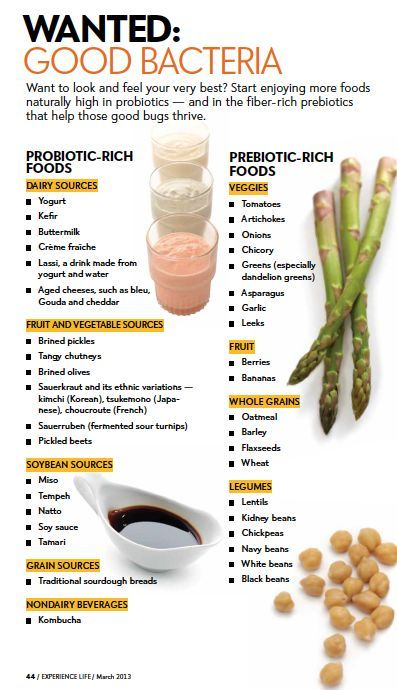Don’t get
alarmed at the name of Bacteria! Most
bacteria won't hurt you - less than 1 percent of the different types make
people sick. Many are
helpful. Some
bacteria help to digest food, destroy disease-causing cells, and give the body
needed vitamins. Bacteria are also used in making healthy foods like yogurt and
cheese.
Although
people often think of bacteria and other microorganisms as harmful “germs,”
many are actually helpful. They are
called GOOD BACTERIA. In
contrast, bad bacteria have adverse effects on the body.
Good
bacteria have health maintenance and anti-aging effects such as aiding
digestion and absorption, and stimulating immunity. Representative examples are bifidobacteria and
lactic acid bacteria known as probiotics
Good
bacteria help our
bodies digest food and absorb nutrients, and they produce several vitamins in the intestinal tract — including
folic acid, niacin, and vitamins B6 and B12.
Probiotics
are live bacteria that are good for us, that balance our good and bad
intestinal bacteria, and that aid in digestion of food and help with digestive
problems, such as diarrhea and bellyache.
Prebiotic
and probiotic foods like whole grains, onions, garlic, fermented foods, miso
and yogurt feed the good bacteria in your gut. A diet rich with fiber and prebiotics ensures that the
bacteria grows.
To ensure
your body can produce as much “good' bacteria as possible, make sure
you're eating
fresh fruits and vegetables and foods that are high in fiber. Remember your gut
bacteria is influenced by what you eat, so it's important to give it the best
fuel so good bacteria grow to fight off 'bad' bacteria.
Probiotics helps to:
·
Improve immune function.
·
Protect against hostile
bacteria to prevent infection.
· Improve digestion and absorption of food and nutrients.
Include more of these foods in your diet and have a healthy body. Read the above image for the list of foods of probiotics and prebiotics.




No comments:
Post a Comment